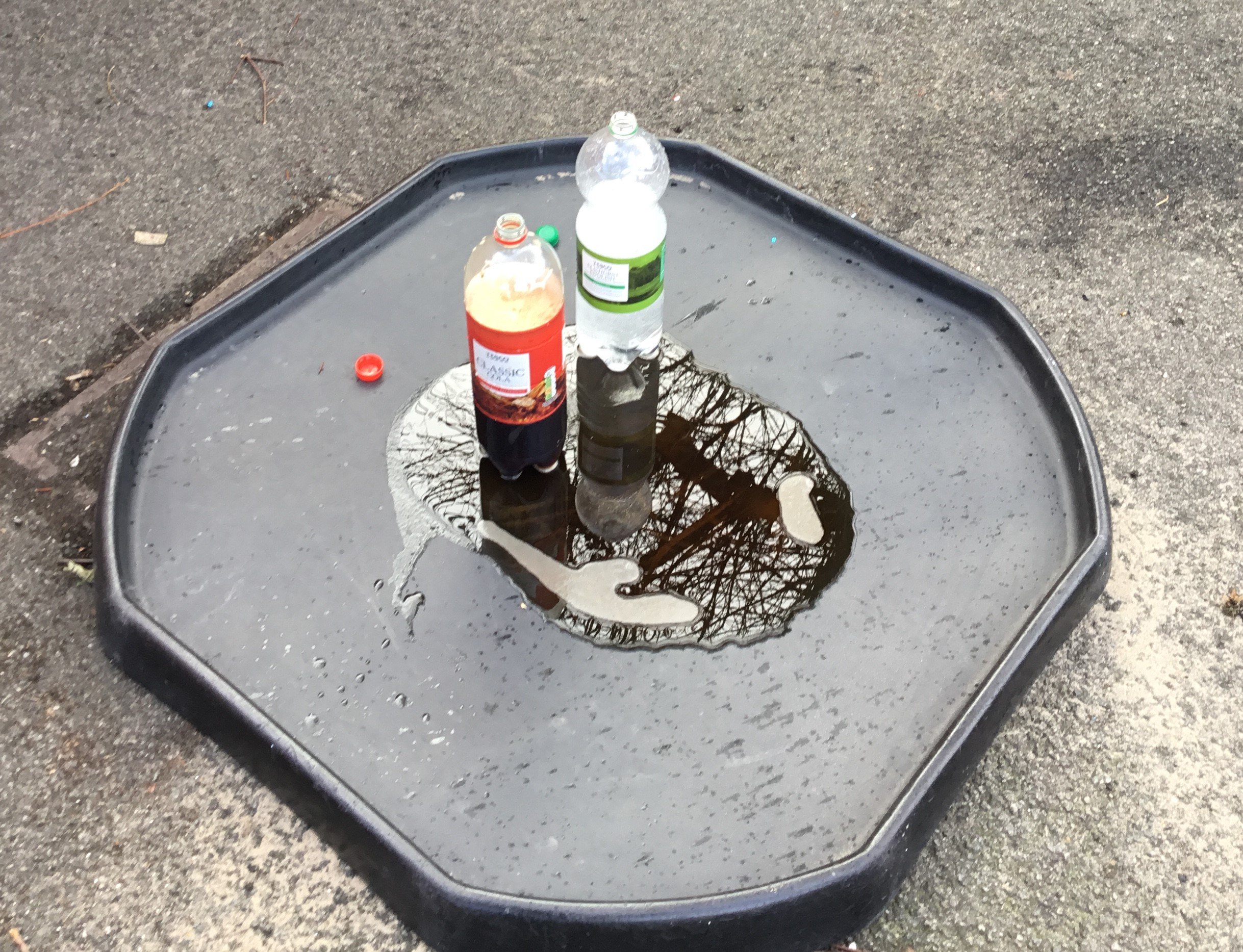Science Experiments
This term we have been examining the enquiry skill of predicting - this ranges across the school from using their assumptions about a topic to help them answer questions, to building on data they collected and identifying patterns within.
Reception pupils growing their Enquiry Skills
Children in early years have been learning to ask questions about what they think will happen in an experiment - like what will happen if we add Mentos to soda?
They have been having fun exploring investigations like ‘How can we build a paper tower?’ and using their verbal predictions to guess what will happen.
Children are developing their enquiry skills by learning to use knowledge they have gained previously and apply it to a new situation - anticipating an event before it starts.
Year 2 pupils are using prior knowledge to make predictions
In Year 2, children have been thinking about their bodies and how they might respond to exercise - they’ve made predictions based on their prior knowledge of exercise and their own experiences, and then reflected on what happened.
This helps children to develop a more scientific view of the world around them - what guesses can they make, based on what they already know? How can they make a better prediction?
Year 3 pupils using skeletons to predict animal groups
In Year 3, children examined different skeletons and used their prior knowledge to make predictions about what animal they think it might have belonged to.
They looked for patterns in the skeletons - lengths of bones, arrangements and how they moved - and made an initial prediction based on their observations.
Later, children were given images that could match the animals - they used their own experiences with these animals to relate them to the images.
Year 6 Pupils are using prior knowledge to plan experiments
In Year 6, children have begun to plan their own experiments based around their predictions.
In this image, they use LBQ to help guide them through designing an experiment - children must use their prior knowledge to help them pick an experiment to use, and then make predictions on what will happen so that they know what to look for.
Once their experiment is designed and completed, they can make further predictions on what else they might want to investigate.




